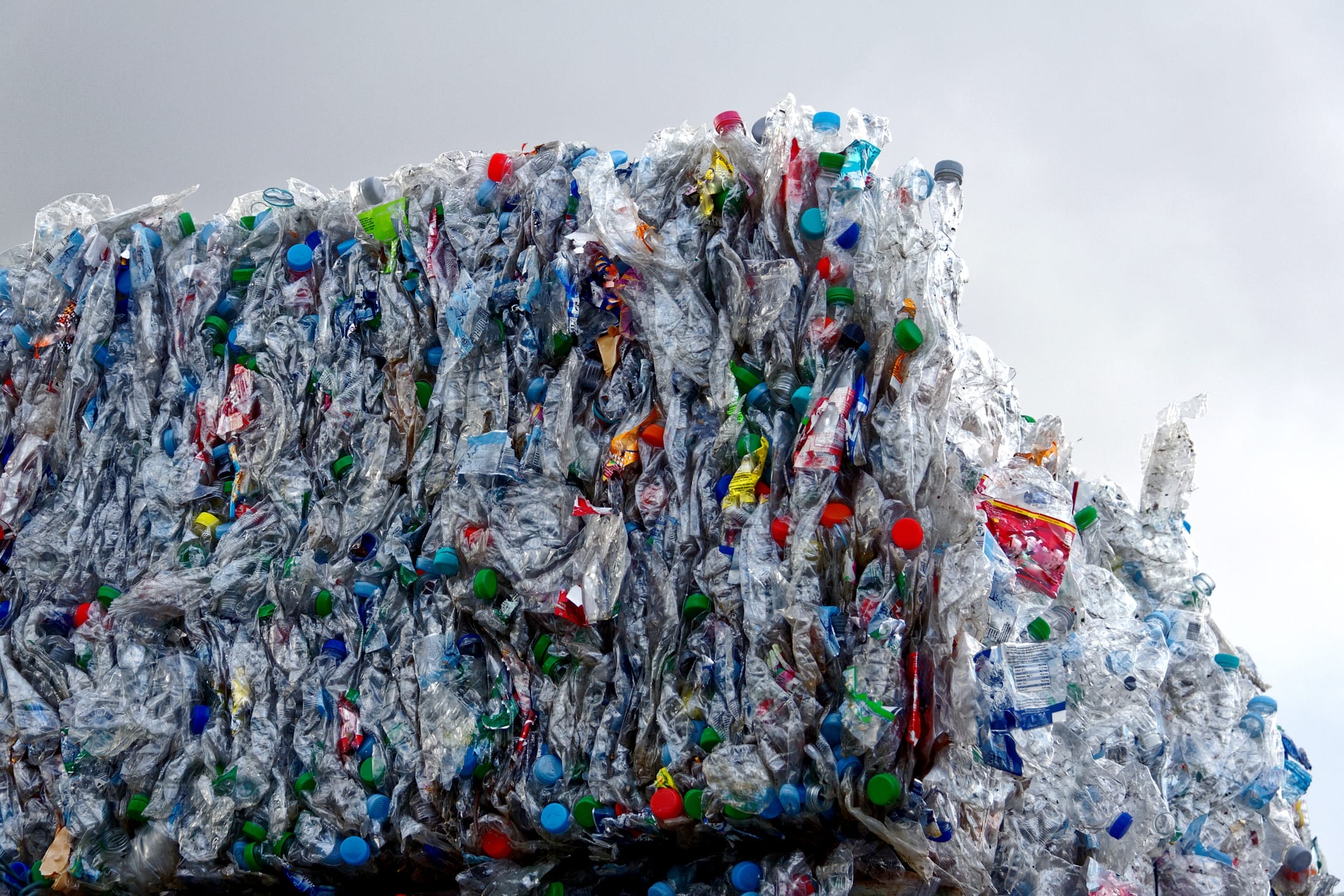Tired of being the world’s dumping ground for recyclable waste, Asian nations are striking back with punitive environmental trade regulations that should leave waste-exporting nations in delirium. Last week, Malaysia’s environment minister, Yeo Bee Yin, stated that countries should manage their own waste, and that Malaysia—one of the world’s main recipients of trash—will take care of its own.
Modern economic theory maintains that countries should optimize the trade of global goods and services by embracing other nations’ competitive advantages—letting others excel where their advantages exist. What it did not account for is the trade of “bads” between nations, whereby a country sends unwanted materials (in this case, waste) to another’s shores to take advantage of that country’s competitive advantages (low labor costs and lax environmental enforcement). This trade of bads was widely adopted in the case of waste recovery and recycling partly because developed countries haven’t established on-shore solutions for processing at the same rate they’ve created trash, due to high processing costs within their borders. Making matters worse is the fact that local, hollowed-out manufacturing businesses, which also have followed cheap labor and lax environmental standards, have had minimal capacity to use recycled content in new products.
As we confront the vast challenges associated with giving plastic a second life, we now have to contend with two large-scale trade wars. One, which is not directly related to plastic, involves the world’s two largest economies: China and the U.S. The other is much broader in scope: using environmental trade barriers as a proxy for national benefit. This trend should be expected to continue, as plastic pollution is not the only ill that countries share with one another—but it is one that has generated a lot of mindshare and momentum across virtually every country. Nations that stand to lose heavily in the short term include Canada, the U.S., Spain, Britain, Australia, and Japan. All of a sudden, the idea of extended producer responsibility has taken on a global meaning, in the form of extended exporter responsibility. For those who have an ear to this issue, they know that the plastic-pollution puzzle is only going to get more complicated.
With the right exporting practices in place, it shouldn’t be a problem for countries to send plastic to others that have the ability to process and use the materials. On the contrary, if nations close their borders, they each will have to replicate resources, technical know-how, and capacities for their own waste management efficiencies, something that is not likely to happen for many years or even decades. If this type of trade is further restricted, countries won’t be able to send stranded waste to processors that can use it. Simultaneously, entrepreneurs and innovators currently taking advantage of free trade and the New Trade Theory to process materials may not be able to easily find domestic waste to keep their machines running.
To put the scale of this logjam into context, one can conservatively estimate that just 10 percent of the plastic waste sent to Asia for recycling was of quality too poor to make value from. If all this poor-quality material from the EU alone was returned to its rightful exporting countries for the past 10 years, they would receive more than 95,000 containers, each with 35 metric tons of material. This would create a line of containers over 700 miles long—from Amsterdam to Budapest.

While it isn’t likely that all 95,000 containers would be returned to their ports of origin, it is clear that the ability to keep moving this amount of material offshore would quickly evaporate, creating all types of disruptions and needed innovative interventions to solve the complex plastic waste challenge.
New trade restrictions likely will cause considerable medium-term pain in terms of plastic-pollution reduction. However, it also is where opportunities will present themselves. Canada may be a leading example of turning this trade confrontation into a chance to truly focus and engage on creating its own, domestic circular economy. The EU also is making great inroads on circular-economy activities, yet much more is needed from the trade block.
New collaborations, problem-solving, and innovative trade policies—with proper management and enforcement—can help steer us in the right direction to reduce plastic waste.
Editor’s Note: Trish Hyde, founder of both Plastics Circle and startup PlastX, co-authored this piece. She is an accomplished business leader and adviser with global knowledge and expertise in circular economies and operational performance.


























